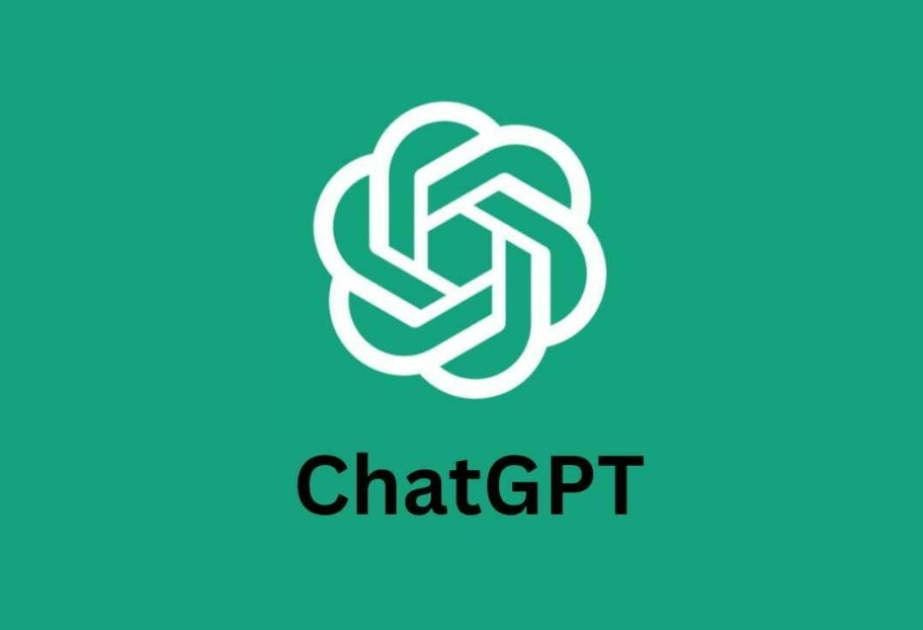By Alimat Aliyeva
According to a recent study by the University of East Anglia
(UK), essays generated by artificial intelligence are still far
from matching the quality of work produced by real students,
Azernews reports.
The study, published in the journal Written Communication,
compares the essays of 145 real students with those generated by
ChatGPT. Titled “Does ChatGPT Write Like a Student? Markers of
Engagement in Argumentative Essays,” the paper delves into the
differences between human-authored and AI-generated content.
While the AI-generated essays were impressively coherent and
grammatically correct, they were notably lacking in one critical
aspect: personality.
As AI writing tools like ChatGPT become increasingly
sophisticated, the study emphasizes the importance of cultivating
critical literacy and ethical awareness in the digital age.
The researchers hope that the findings will assist educators in
identifying instances of cheating in schools, colleges, and
universities worldwide by distinguishing machine-generated essays
from those written by students.
Professor Ken Hyland from the School of Education and Continuing
Education highlighted that ChatGPT’s public release has raised
serious concerns among teachers. Many fear that students may use AI
to complete assignments. “The concern is that ChatGPT and other AI
writing tools may contribute to cheating and undermine foundational
literacy and critical thinking skills,” said Hyland. “This is
particularly important because we don’t yet have reliable tools to
detect AI-generated texts. In response to these concerns, we wanted
to explore how closely AI can mimic human essay writing,
specifically by examining how writers engage with readers.”
The research team analyzed 145 essays written by real students
and 145 written by ChatGPT. “We were particularly interested in
what we called ‘engagement markers,’ such as questions and personal
comments,” Professor Hyland explained. “We found that the essays
written by real students featured a rich array of engagement
strategies, making them more interactive and compelling. These
included rhetorical questions, personal digressions, and direct
appeals to the reader—techniques that enhance clarity,
communication, and argument strength. On the other hand, while
ChatGPT’s essays demonstrated linguistic fluency, they were more
impersonal. AI-generated essays adhered to academic writing
standards but lacked the personal touch and clear stance that human
writers bring to their work.”
Despite these shortcomings, the study does not dismiss the role
of AI in education. On the contrary, the researchers argue that
tools like ChatGPT should be used as teaching aids, rather than
shortcuts for students seeking to reduce effort.
“When students enter school, college, or university, we don’t
just teach them how to write; we teach them how to think—and this
is something no algorithm can replicate,” Professor Hyland
added.
The study also raises important questions about the future of
education in an AI-driven world. As AI continues to evolve, it
could become an invaluable tool for assisting students with
research, brainstorming, and drafting. However, it also underscores
the need for education systems to adapt and teach students how to
interact with AI responsibly and ethically. Encouraging students to
maintain their unique voices in writing, even when using AI tools,
may become an essential aspect of future curricula. Educators will
likely need to strike a balance between leveraging AI for its
benefits while preserving the critical thinking and creativity that
form the foundation of meaningful learning.

